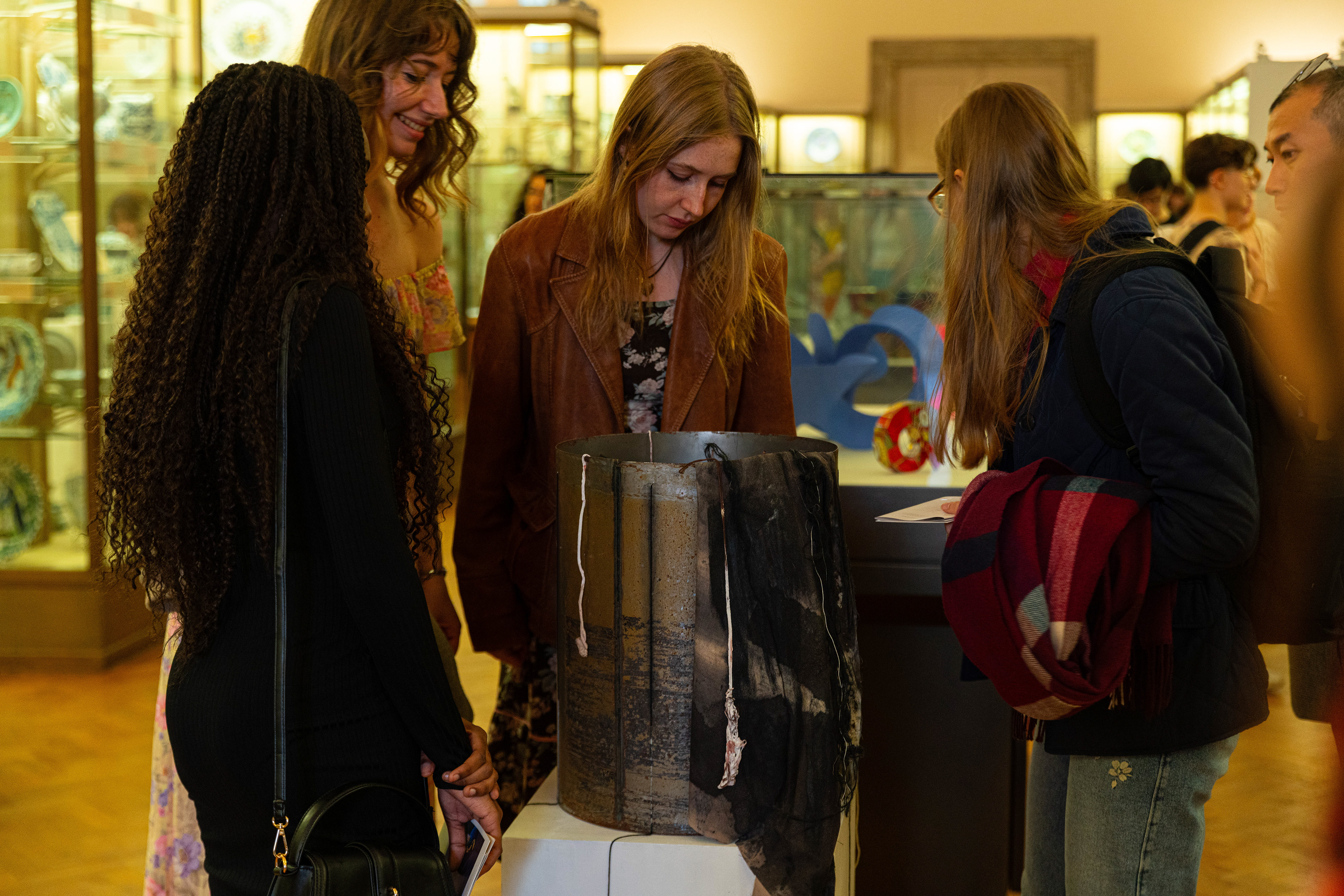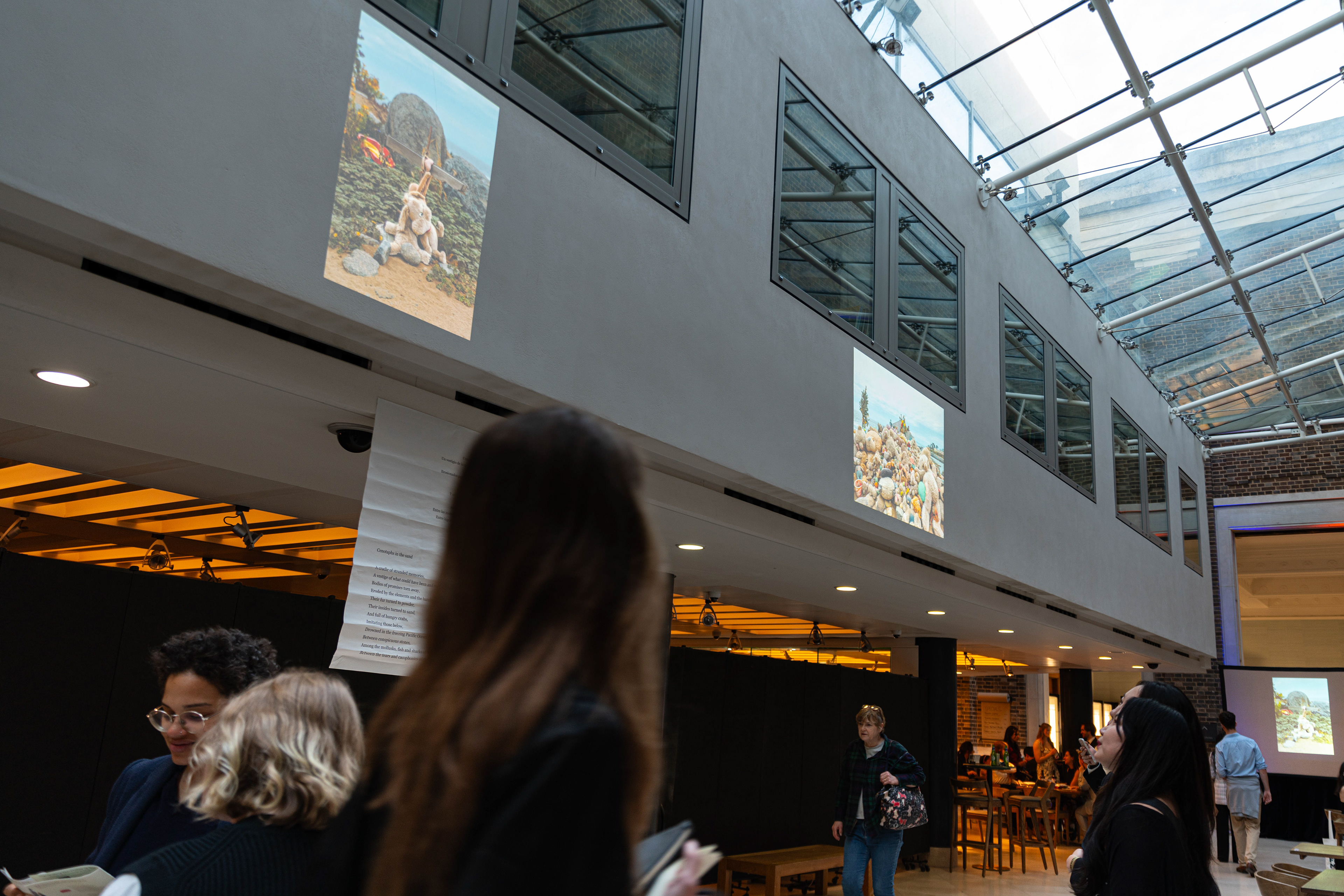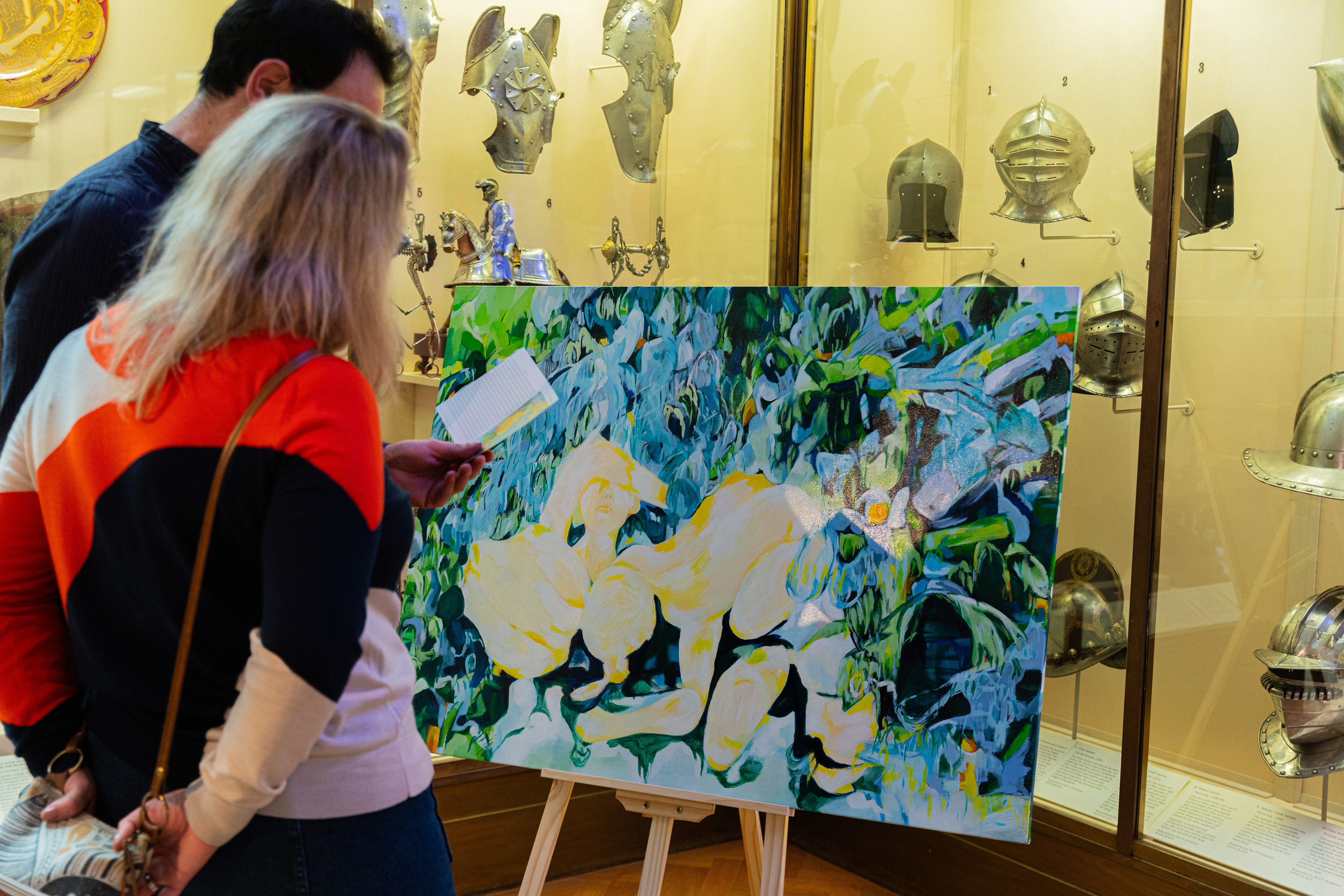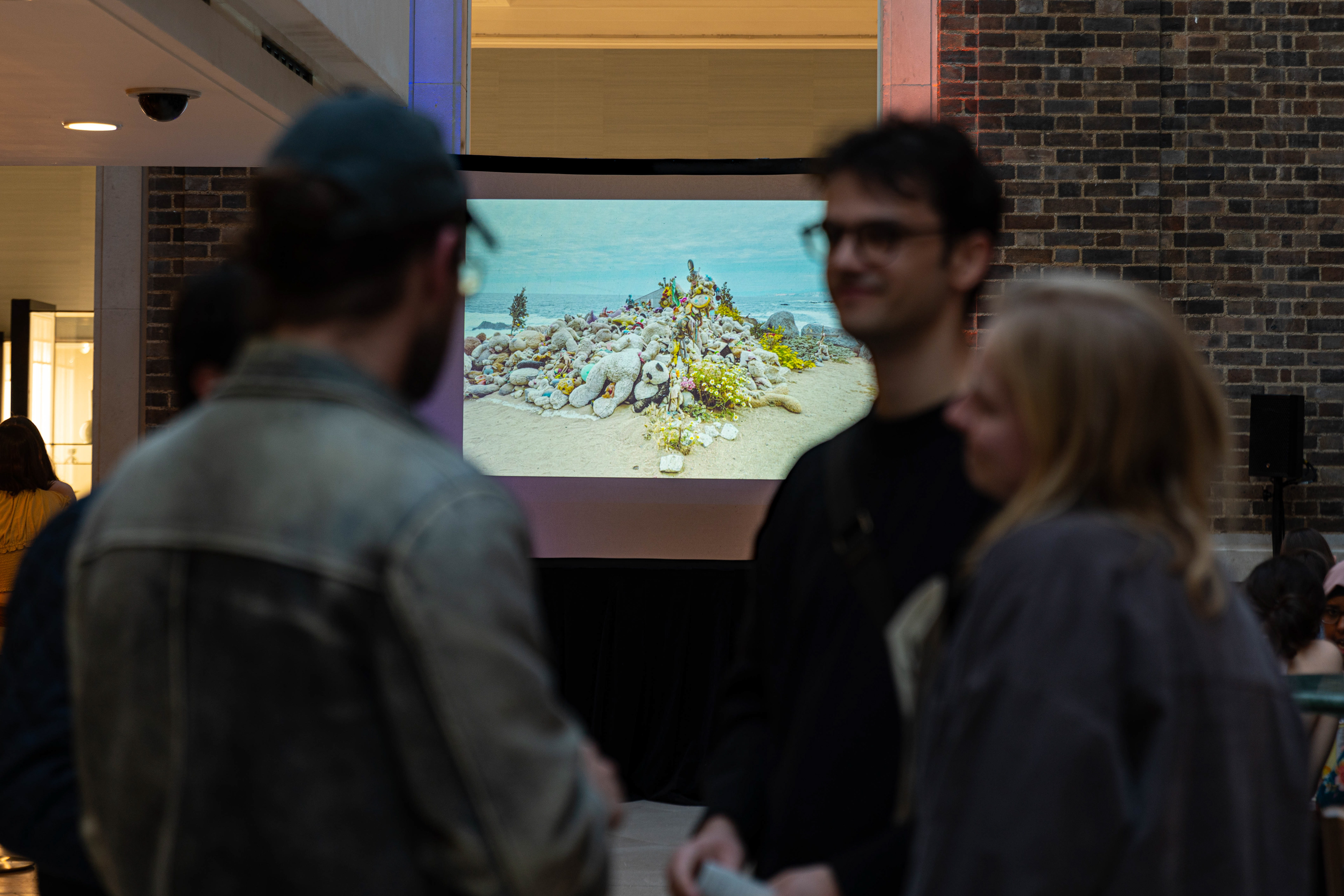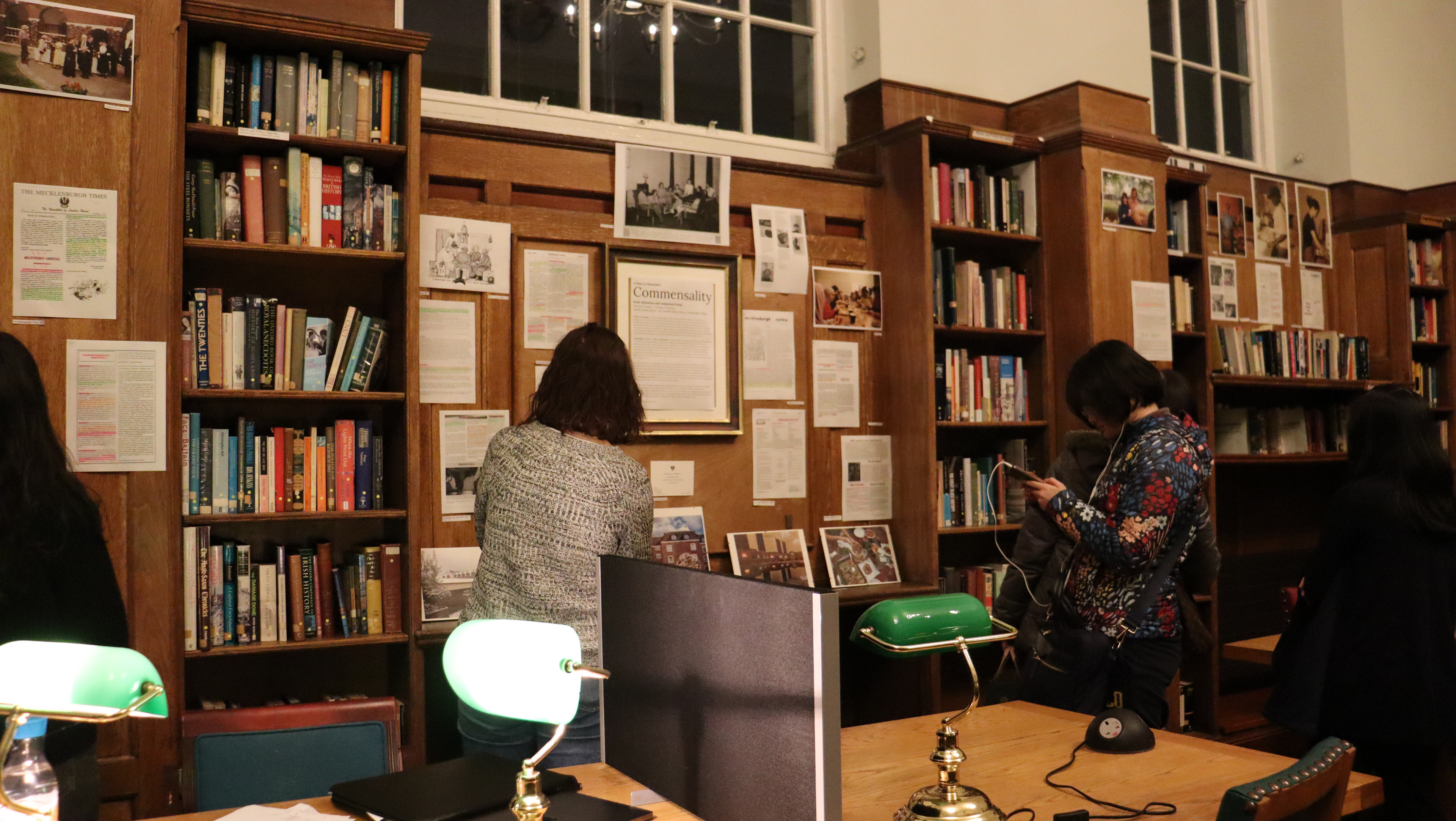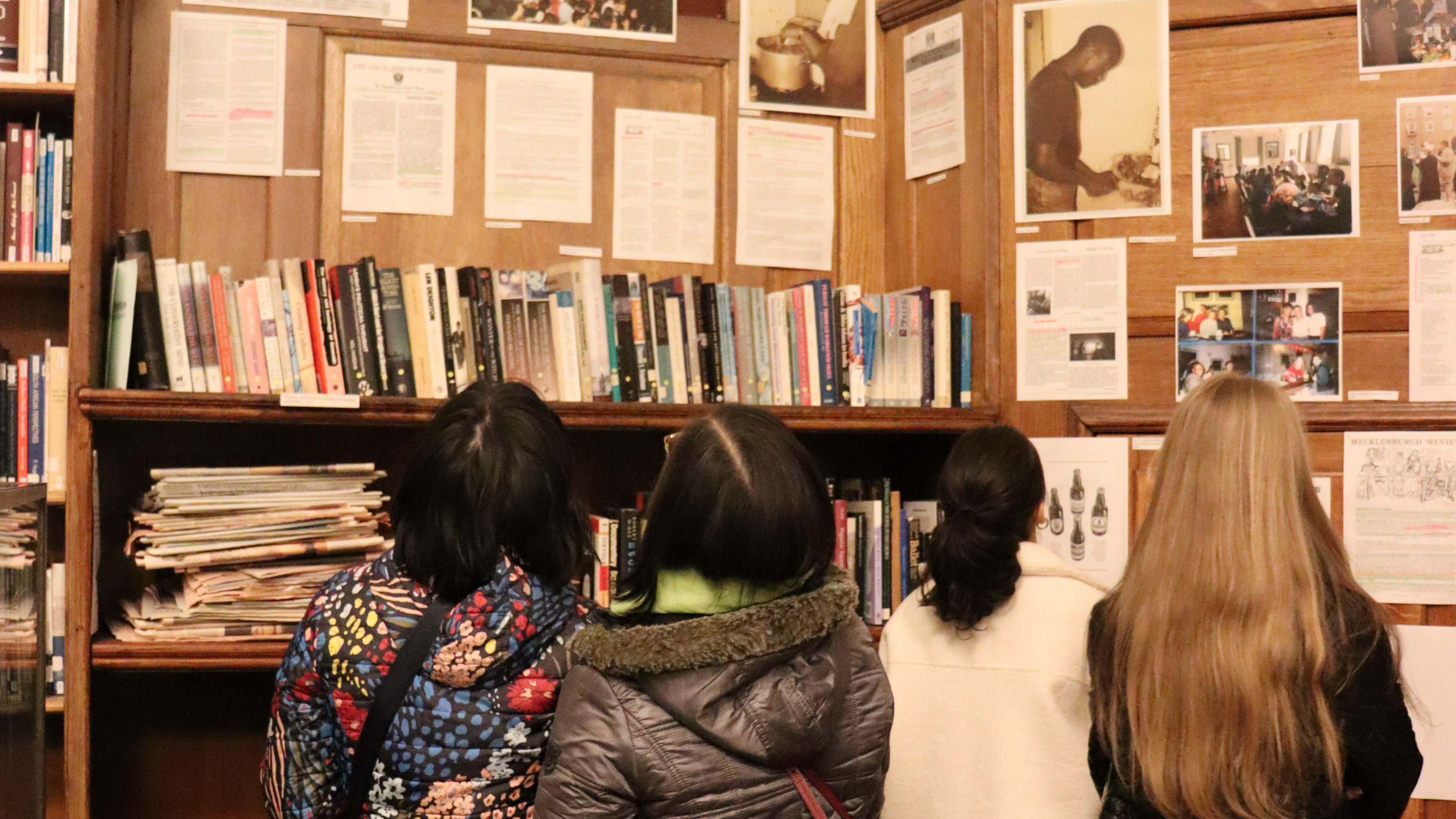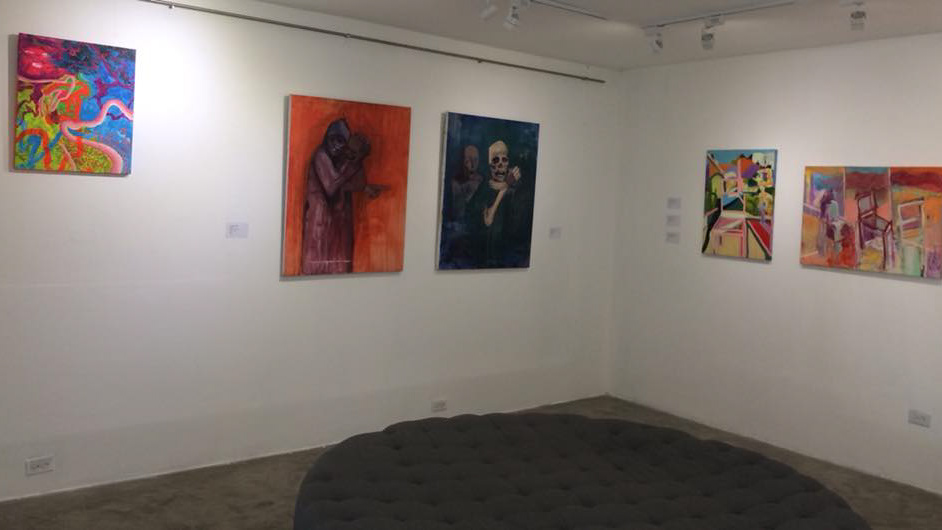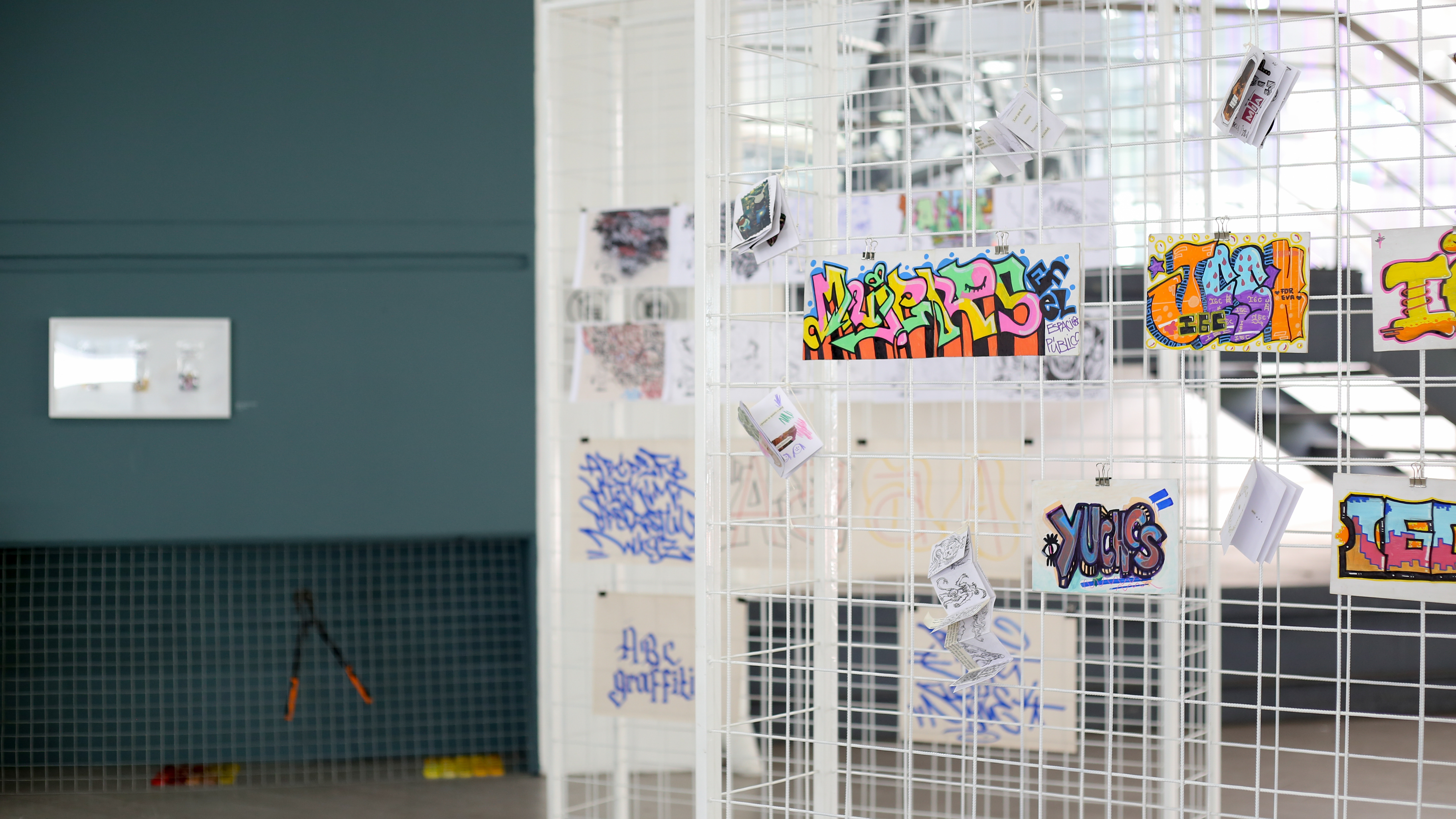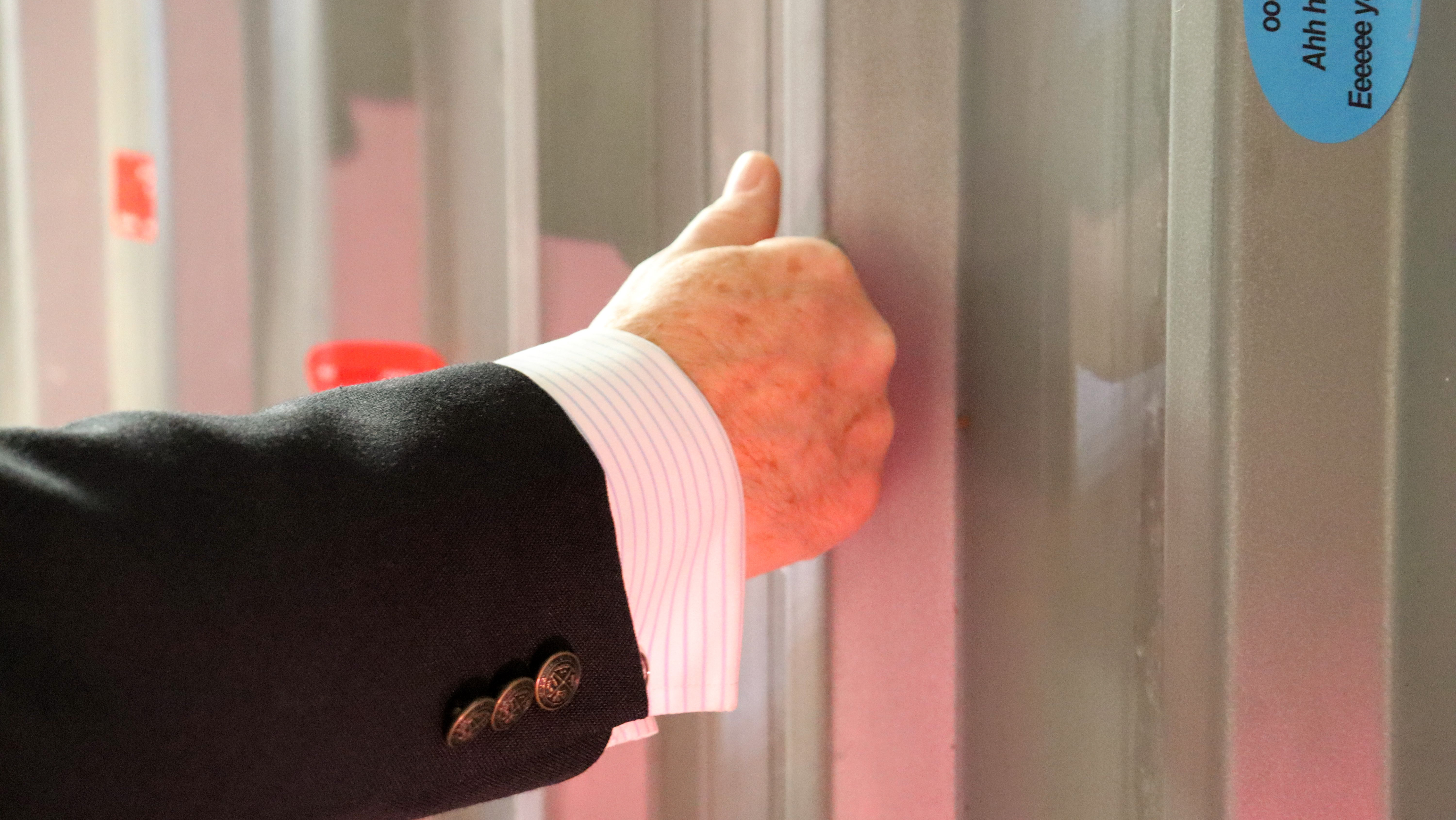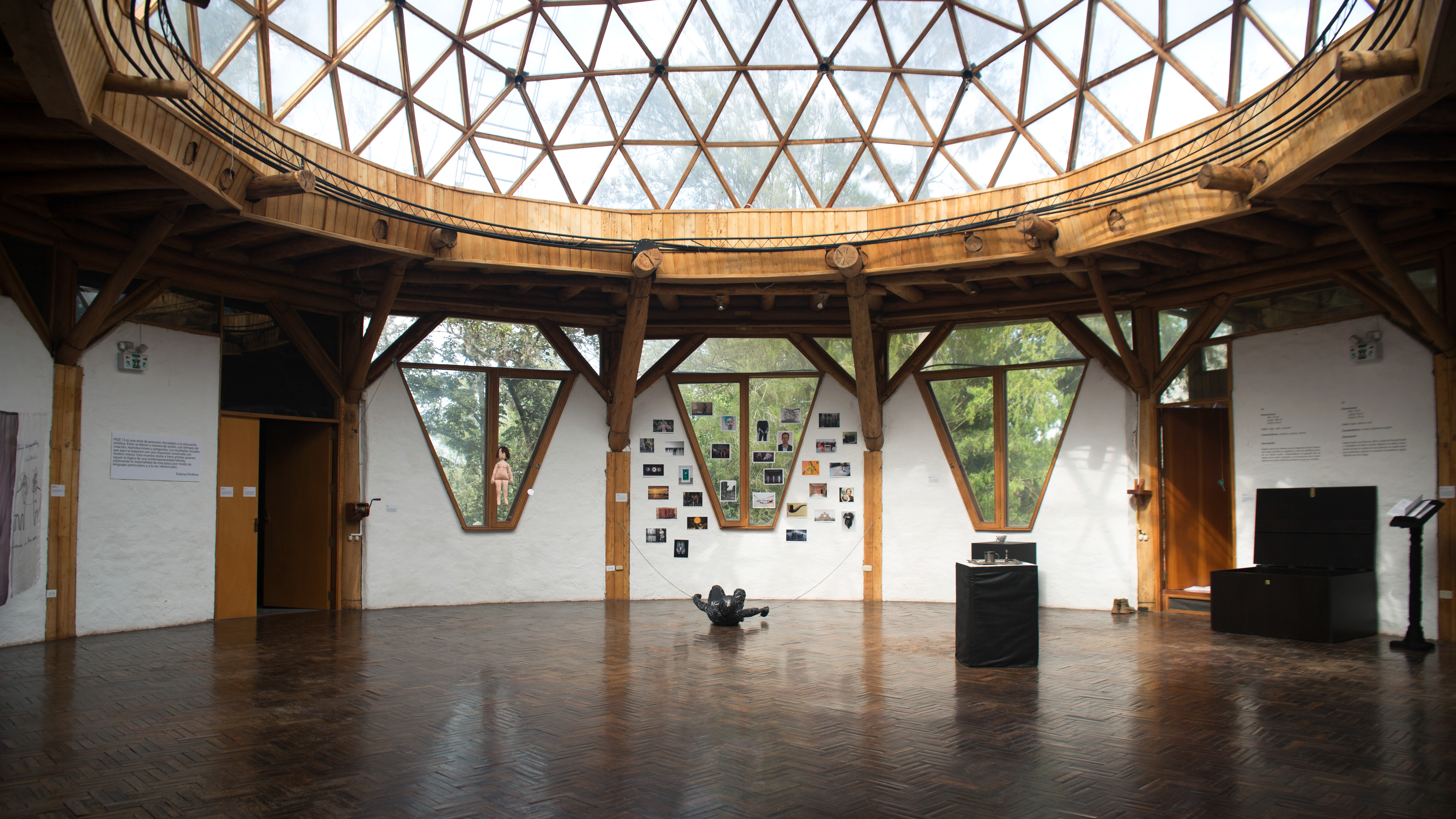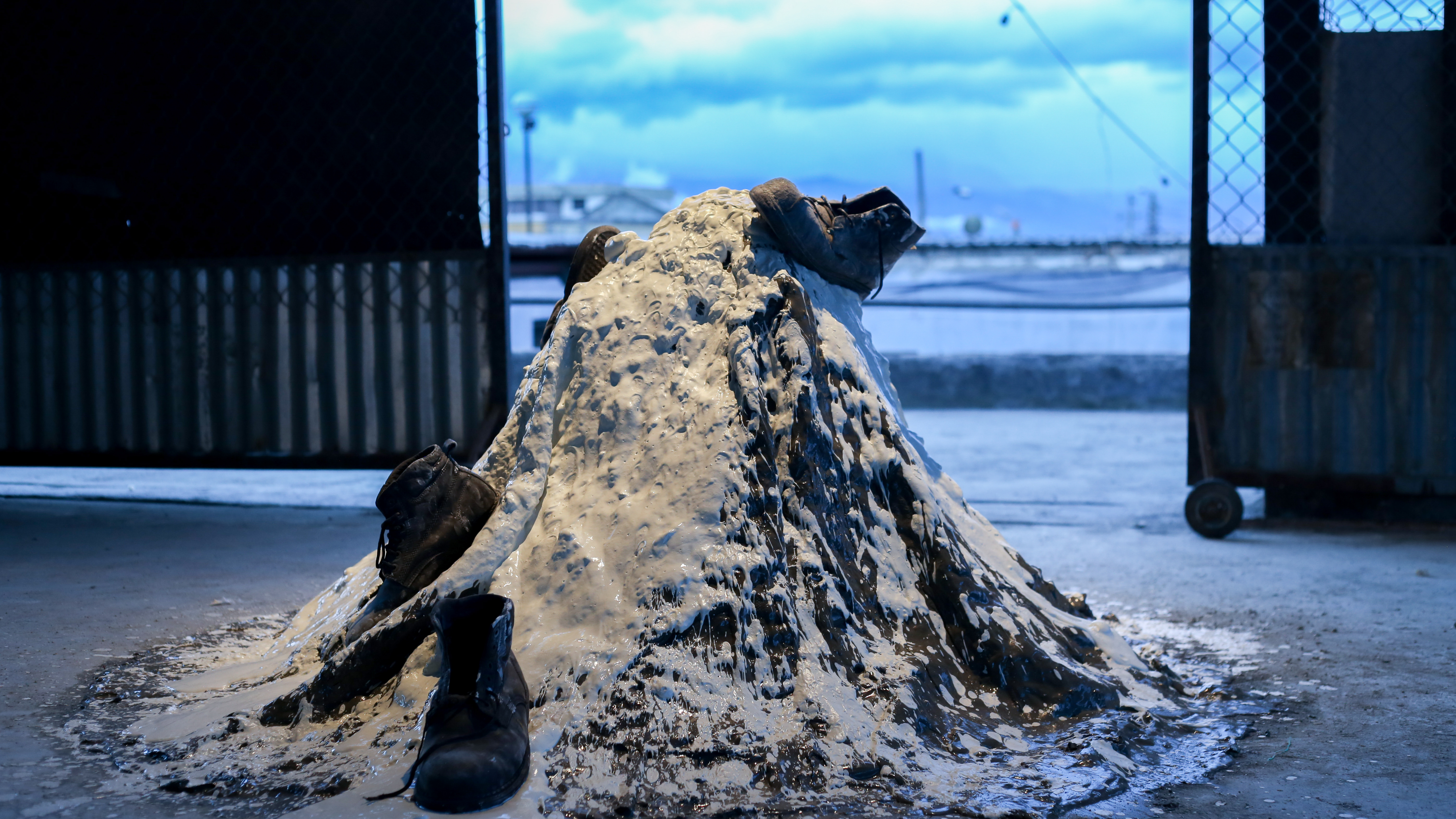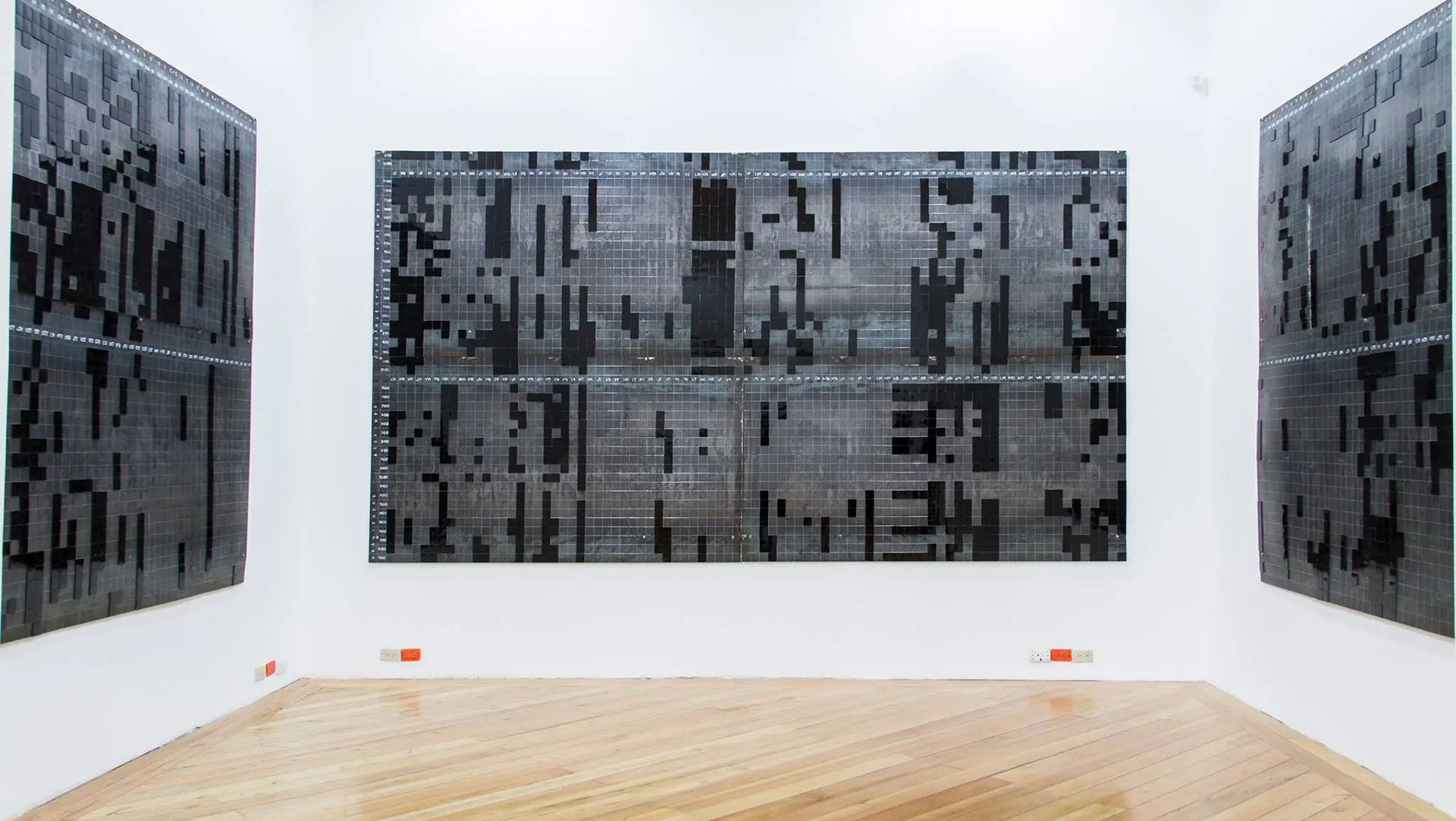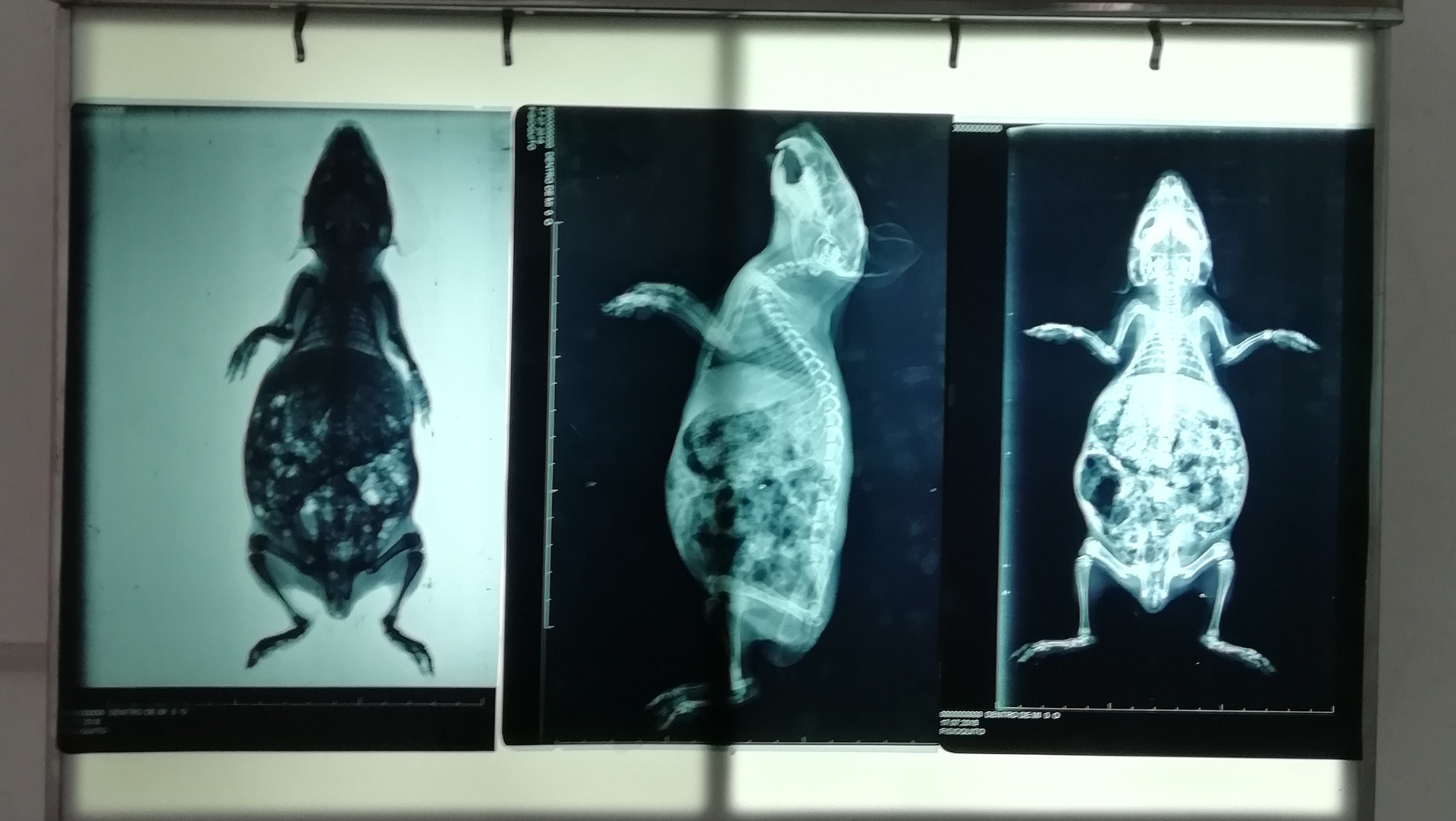In conversation with the Fitzwilliam Museum exhibition “William Blake’s Universe,” the Museum Late event explores the theme of conflict beyond borders, looking at the tension between imperialism and continental artistic exchange, feminine and masculine romanticism, as well as the destructive and regenerative power of art in a time of war.
As articulated through Blake’s astute reflections on imperialism, the wars transcend mere political struggle; they create an indelible mark on our collective history. This topic delves into the profound generational transmission of trauma resulting from wars, illuminating the plight of diasporic cultures—a testament to the adaptation of those thrust into unfamiliar lands, grappling with existential crises that
reverberate through subsequent generations. It is also a celebration of human resilience, inviting visitors to contemplate the complexities of cultural assimilation and the evolution of identities in an ever-changing world.
The topic draws inspiration from Blake’s seminal works, “The Book of Urizen,” “All Religions are One,” and David V. Erdman’s “Blake: Prophet Against Empire” as foundational principles. It delves into the evolution of communities and their reconstructive efforts, seamlessly melding antiquated social
structures, diverse religious paradigms, and nuanced ontological perspectives into a cohesive narrative of adaptation and amalgamation.
Through diverse artistic mediums— painting, sculpture, photography, and film — “The Regenerative Power of War in the Arts” features creative manifestation that unveils the intricate interplay between tradition and modernity, reflecting the complexities inherent in reconciling values diverged from
the war and belief systems within both individual and collective societal frameworks.
